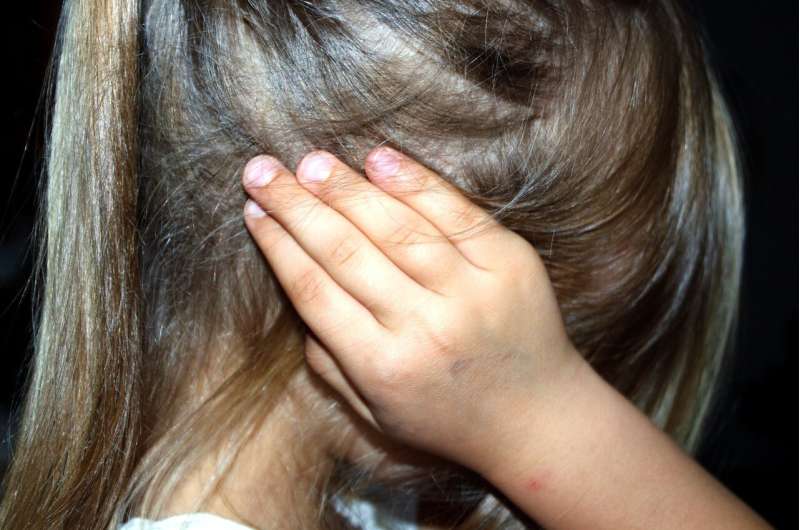This article has been reviewed according to Science X's editorial process and policies. Editors have highlighted the following attributes while ensuring the content's credibility:
fact-checked
reputable news agency
proofread
How does noise affect children?

Many parents know that loud noise can hurt a child's hearing. Very loud sounds—from fireworks or firearms, for example—can cause immediate damage. Using personal listening devices for music, videos and classes can also cause damage if they're too loud.
But we are also learning that too-noisy environments can have harmful effects that go beyond hearing.
Environmental noise—also known as "noise pollution"—comes from sources around us. These include road traffic, airplanes and airports, trains and wind farms. Indoor sources of noise such as TVs and appliances also can be too loud.
Environmental noise is less likely to cause hearing problems than loud noise from personal devices and activities such as concerts, sports games, dances and celebrations. Still, environmental noise can have harmful effects on children's learning, behavior and sleep.
Compared to adults, children may be more vulnerable to noise effects because they are growing and developing. They may also have less control over where they spend time. Children living in less wealthy environments are more likely to be exposed to higher environmental noise levels.
Environmental noise can affect children's learning, such as in too noisy classrooms and child care settings.
Reading, remembering and doing well on tests can be difficult when there is too much background noise or noisy conversations. Planes flying overhead can make it hard to understand what the teacher is saying. Teachers may need to interrupt lessons to wait for planes to pass. Feeling annoyed by noise can cause kids to lose focus on lessons.
Also, for infants and children learning how to talk, a noisy environment can make it harder for them to understand speech.
Environmental noise can also influence how children play, which is important for their development. Many children are exposed to background noise from TVs left on even if the child isn't actively watching. When TVs are left on, babies and toddlers don't focus as much or as long on playing with toys.
Noise often interferes with sleep. According to the World Health Organization, millions of people suffer worse sleep caused by nighttime noise from road traffic and other sources. Research done mainly in adults shows that even low levels of nighttime environmental noise cause more body movements, awakenings and other sleep disturbances. These happen even though the sleeping person is not aware of them. Poor sleep can cause daytime sleepiness and affect children's learning.
In addition, too much noise can cause a person's body to have a stress response. We can see this in premature babies in neonatal intensive care units (NICUs), for example. When these babies are exposed to alarms, telephones, ventilators, pumps, monitors and incubators, there can be changes in their breathing, heart rates and oxygen levels. Noise can increase children's blood pressure, and in adults, long-term noise exposure even raises the risk of having a heart attack.
Some children with special sensitivities—such as autism spectrum disorder (ASD), attention-deficit hyperactivity disorder (ADHD), sensory processing disorders or learning differences—may be disturbed by sounds or noises that usually don't bother children without these conditions.
More research is needed to learn more about how the effects of noise build up over a lifetime. In the meantime, we know enough to take steps to decrease children's exposures.
Many NICUs, hospitals, schools and child care settings have worked to lower noise levels. As a parent, you can also take steps to lessen the family's exposure to environmental noise. Some tips:
2023 Tribune Content Agency, LLC.



















